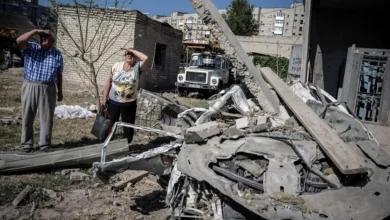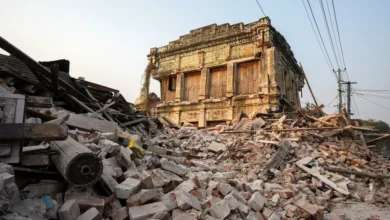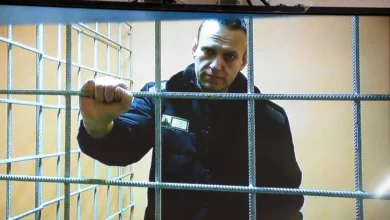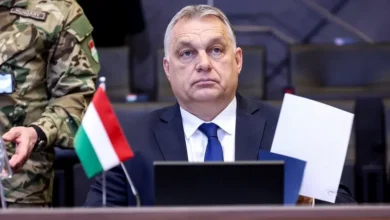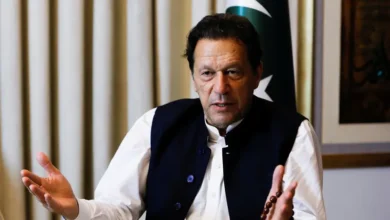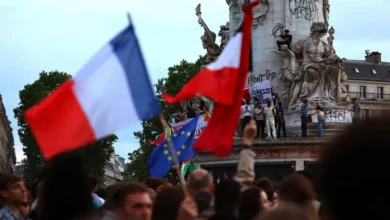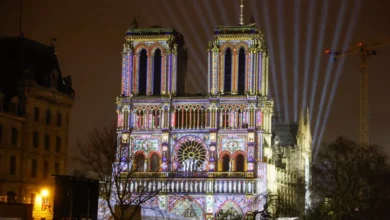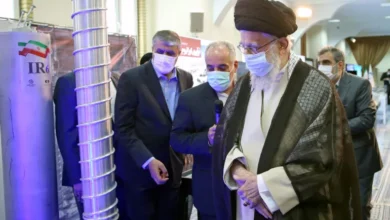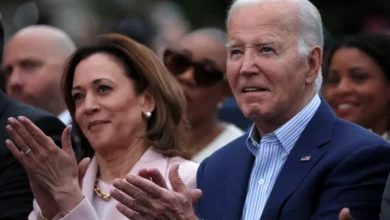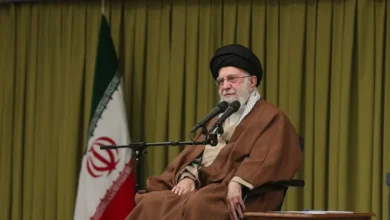Displaced Gazans skeptical over UN call for ceasefire
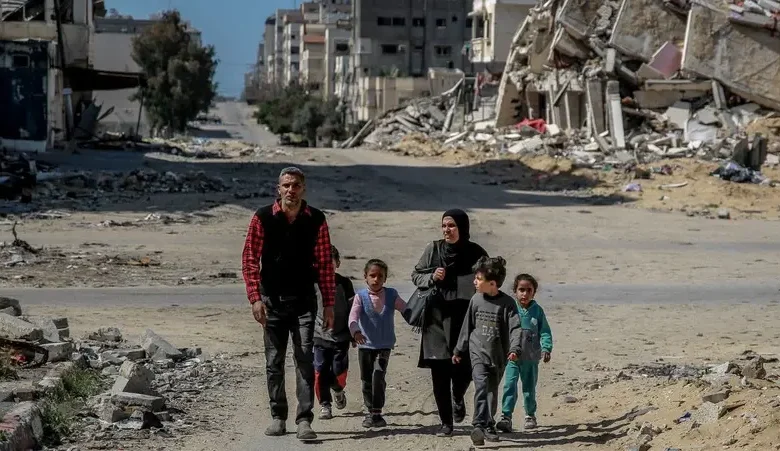
Bilal Awad, a 63-year-old displaced Gazan, welcomed Monday the UN Security Council’s call for a ceasefire but did not believe it would bring a respite in the Israel-Hamas war.
Without forceful action from “Israel’s supporter” Washington, which abstained in the vote to its close ally’s chagrin, the Israeli government is unlikely to budge, Awad said.
The vote triggered an angry reaction from Israel, which says it must destroy Hamas in retaliation for its unprecedented October 7 attack and would not stop before hostages are released.
Monday’s resolution was the first Security Council demand for “an immediate ceasefire” since the war began, and was endorsed by 14 members — all but the United States.
It calls for a truce for the ongoing Muslim holy month of Ramadan, and demands Palestinian militants must release the hostages seized during the Hamas attack, of whom Israel says around 130 remain in Gaza.
Yet Awad, who like the majority of Gaza’s 2.4 million people has sought refuge in the southern city of Rafah near the Egyptian border, wanted more.
“If Israel defies the world, this is a blow to America, Israel’s supporter. America’s decisions become mere ink on paper if it does not stop Israel by force.”
The October 7 attack resulted in the deaths of about 1,160 people, mostly civilians, according to an AFP tally of Israeli figures.
Israel’s retaliatory military campaign has killed at least 32,333 people in Gaza, mostly women and children, according to the health ministry in the Hamas-run territory.
Rafah’s population has ballooned with the arrival of many Palestinians like Awad, displaced by nearly six months of war and seeking refuge in the south, unable to leave the besieged coastal strip.
The city is now home to around 1.5 million Palestinians, up from several hundred thousands before the war, with many living in makeshift displacement camps.
Israel has vowed to pursue its offensive against Hamas militants into the densely packed area, a pledge that has spurred fears of worsening an already heavy civilian death toll and humanitarian crisis.
Qassem Muqaddad, speaking in Rafah, said he was not excessively optimistic after the UN vote.
“We hope that this decision will be effective, and that the major powers will use their strength and authority… against Israel if Israel does not agree to a ceasefire,” said 74-year-old Muqaddad.
“This is what we hope for, but we are not very optimistic that Israel will agree to this decision, because Israel has disregarded many (UN) resolutions.”
Israel spoke out against the resolution immediately on Monday.
Prime Minister Benjamin Netanyahu criticised the United States for failing to veto it and Defence Minister Yoav Gallant said his government had “no moral right to stop the war while there are still hostages held in Gaza.”
Ihab al-Assar, a 60-year-old man displaced from Gaza City in the north, commended Washington’s stance.
“The decision is in favor of the Palestinian people, and hopefully, Israel will comply with it,” he said.
